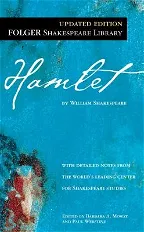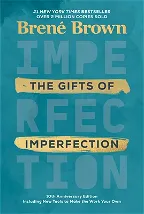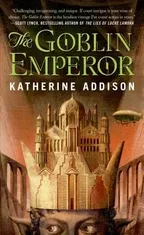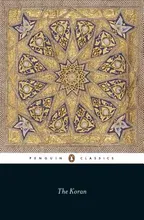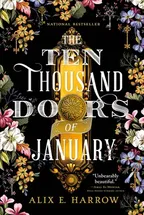Christopher Michael Berard
(Author)Arthurianism in Early Plantagenet England: From Henry II to Edward IPaperback, 16 April 2021
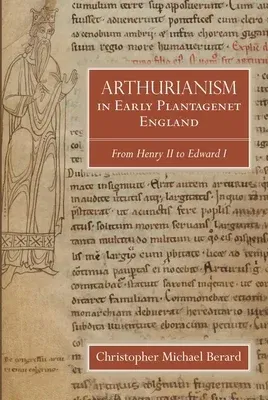
Qty
1
Turbo
Ships in 2 - 3 days
Only 2 left
Free Delivery
Cash on Delivery
15 Days
Free Returns
Secure Checkout

Part of Series
Arthurian Studies
Print Length
378 pages
Language
English
Publisher
Boydell Press
Date Published
16 Apr 2021
ISBN-10
1783276061
ISBN-13
9781783276066
Popular Books
Ships in 4h 21m 11s
Description
Product Details
Author:
Book Format:
Paperback
Country of Origin:
GB
Date Published:
16 April 2021
Dimensions:
22.61 x
15.24 x
2.54 cm
Genre:
Medieval (500-1453) Studies
ISBN-10:
1783276061
ISBN-13:
9781783276066
Language:
English
Location:
Woodbridge
Pages:
378
Publisher:
Series:
Weight:
612.35 gm


